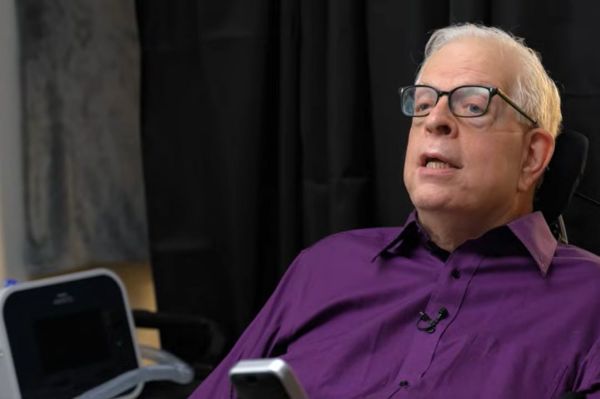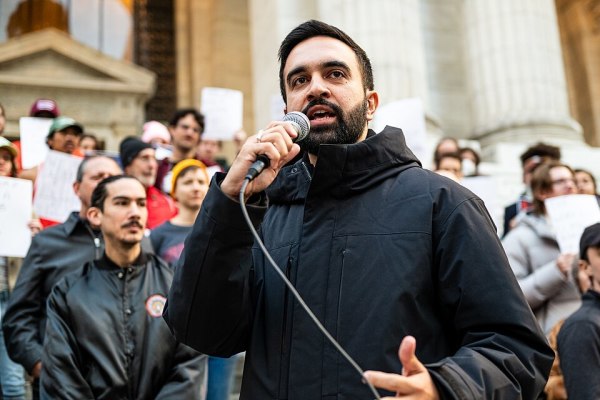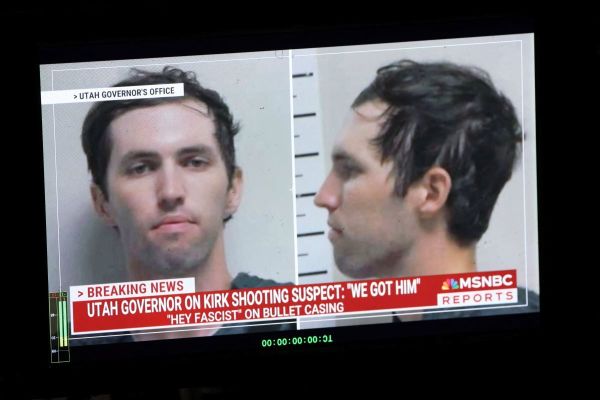Kobia Urges China to Provide, Expand Religious Freedom
The head of the World Council of Churches encouraged China this week to provide and expand freedom of religion in the often-criticized country before concluding his weeklong visit there and embarking on a four-day visit to Taiwan.
WCC general secretary Samuel Kobia, who is currently leading an ecumenical delegation in Taiwan, ended his Nov. 15-22 visit to China a few days after China assailed the United States for listing it as a country that violates religious freedoms. The State Department list released last week included China among Myanmar, North Korea, Eritrea, Iran, Saudi Arabia and Sudan as places where people cannot practice their faiths freely.
At a press conference held one day after China’s criticism of the U.S. list of religious freedom violators, Kobia affirmed that "it is in the best interests of the government to actually expand the space for the practice of religion." According to the WCC, Kobia had been impressed by the way in which Christian communities are growing in the country and encouraged the government to ensure wider participation and involvement of religious people in efforts to bring about the Chinese vision of a "harmonious society."
"It would be detrimental to the government if it is not seen to be providing freedom of religion," the ecumenical leader stated Tuesday, according to a WCC report.
"If China wants to be the kind of global player that it is clearly becoming, then there are norms and standards" in terms of religious freedom "which will be expected of its government, and I think they are aware of this,” he added.
According to the State Department report released last week, "China maintains tight control over all religions and has cracked down hard on groups not sanctioned by the ruling Communist Party. Those who ... attend underground Protestant or Catholic churches routinely face detention, harassment and sometimes imprisonment."
It added the government tries to control religious organizations to prevent the rise of any group that could become a source of authority outside of the control of the government and the Chinese Communist Party.
Foreign Ministry Spokeswoman Jiang Yu on Monday said China expressed its "strong dissatisfaction" with the report.
"The United States' action violates the basic rules of international relations, and constitutes a rude intervention in the internal affairs of another country," Jiang said, according to the Associated Press.
The Chinese spokeswoman said the government guaranteed the right of religious freedom under the country's constitution and that various ethnic and regional groups "enjoy broad and adequate freedom of religious belief."
Currently, Chinese Christians are officially permitted to worship only in churches run by state-monitored Protestant or Christian groups, which say they have 11 million followers. But many more attend underground churches, whose total membership is estimated at up to 60 million. Clergy and members of such unofficial churches are often jailed and harassed.
During a meeting in Beijing on Monday with senior officials of the State Administration for Religious Affairs, Kobia expressed concern over official policies and pointed to the difficulty of obtaining accurate statistics on the number of people of faith in China.
In response, China's Minister of Religious Affairs Ye Xiaowen assured the WCC delegation that the government will carry out a census according to international standards in the near future.
Ye also affirmed that the priorities of his ministry are "to promote good relationships between followers of different religions" as well as communicating to the rest of the world "the positive role religion plays in building up China's project of an harmonious society." In response, Kobia offered WCC support to facilitate interreligious dialogue in the country.
The ecumenical delegation accompanying the WCC general secretary on his visit Nov. 15-22 to China was composed of the Rev. Dr Tyrone Pitts, WCC central committee member and general secretary of the Progressive National Baptist Convention, USA; the Rev. Dr Seong-Won Park WCC central committee member from the Presbyterian Church of Korea in South Korea; the Rev. Fr Gabriel Papanicolaou, ecumenical officer of the Church of Greece; Dr Mathews George Chunakara, WCC Asia secretary; and, as consultants, Dr Monika Gaenssbauer, director of the China Study Project of the Protestant churches and mission agencies in Germany, and the Rev. Deborah DeWinter, WCC program executive for the United States.
In China, the WCC delegation was accompanied by the Rev. Cao Shengjie, president of the China Christian Council and Presbyter Ji Jianhong, chairperson of the National Committee of the Three-Self Patriotic Movement of the Protestant Churches in China.
During its Nov. 23-26 visit to Taiwan, the delegation will meet with the leadership and staff of the Presbyterian Church in Taiwan (PCT) and attend a public meeting at the Taiwan Theological College and Seminary. Kobia is scheduled to deliver a sermon at a Sunday worship service.





















